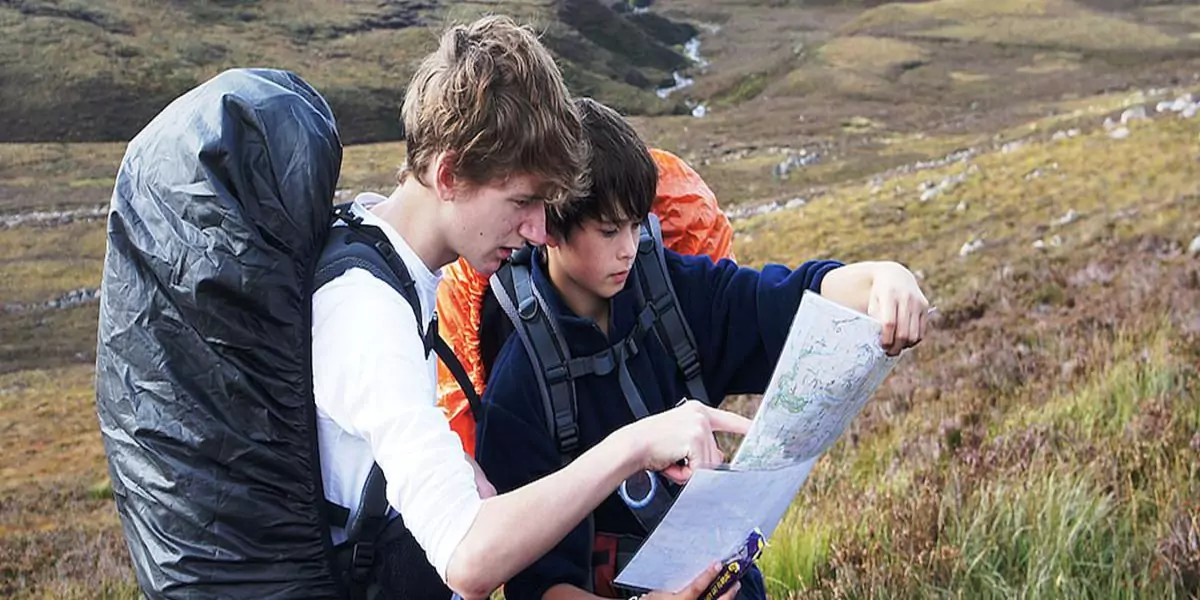In an era defined by the pursuit of knowledge and immersive experiences, educational travel have emerged as a captivating and transformative approach to exploring history and culture. These remarkable journeys transcend the confines of traditional education, offering participants a unique opportunity to step beyond the boundaries of textbooks and classrooms. By embarking on educational expeditions, travelers become active participants in the stories of the past, forging a deep connection with historical narratives and cultural traditions. In this comprehensive blog, we will embark on a captivating journey through the world of educational expeditions, uncovering their profound impact on learners, delving into the destinations that serve as living classrooms, exploring the manifold benefits of experiential learning, and reflecting on how these remarkable journeys foster a more profound understanding of our global heritage.
The Profound Impact of Educational Expeditions
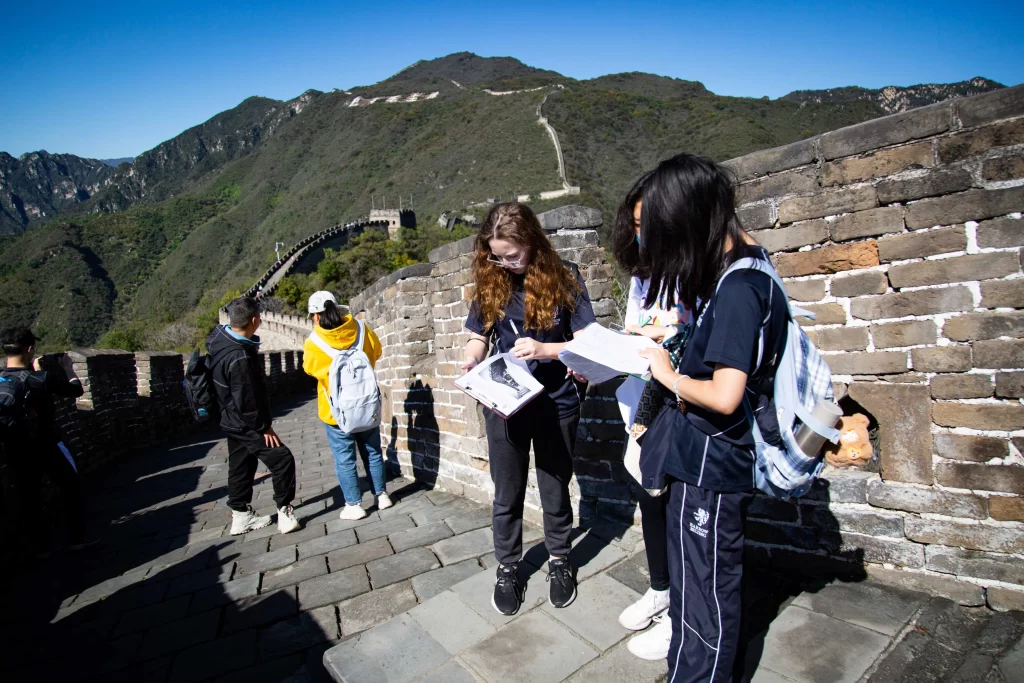
At the heart of educational expeditions lies the transformative power of experiential learning. Unlike traditional modes of education, where information is passively absorbed, these expeditions immerse participants in a dynamic and multi-sensory environment. By physically traversing historical sites, engaging with local cultures, and interacting with knowledgeable guides, travelers gain a visceral understanding of historical events and cultural nuances that textbooks can scarcely convey. This immersive approach sparks curiosity, critical thinking, and empathy, fostering a lifelong passion for learning.
Destinations as Living Classrooms:
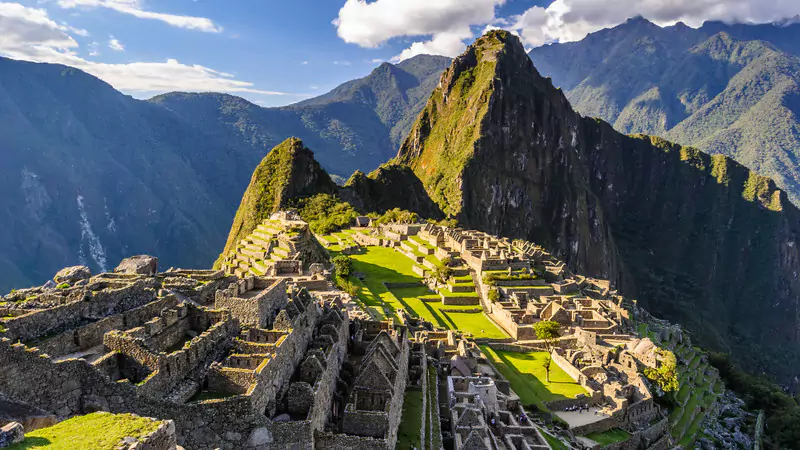
Across the globe, a myriad of destinations stand as living classrooms, each offering a rich tapestry of history and culture waiting to be unraveled.
1. Exploring the majestic ruins of Rome, where the grandeur of the Colosseum and the marvels of the Pantheon transport you to an era of Roman glory.
2. Traversing the ancient paths of Machu Picchu, where the stone steps and intricate architecture of the Incan citadel offer insights into the ingenuity of a bygone civilization.
3. Standing in awe before the awe-inspiring Angkor Wat, a testament to the Khmer Empire’s artistic prowess and spiritual devotion.
4. Embarking on a journey through Athens, where the towering Acropolis and the iconic Parthenon invite reflection on the birthplace of democracy and philosophy.
Experiential Learning Benefits
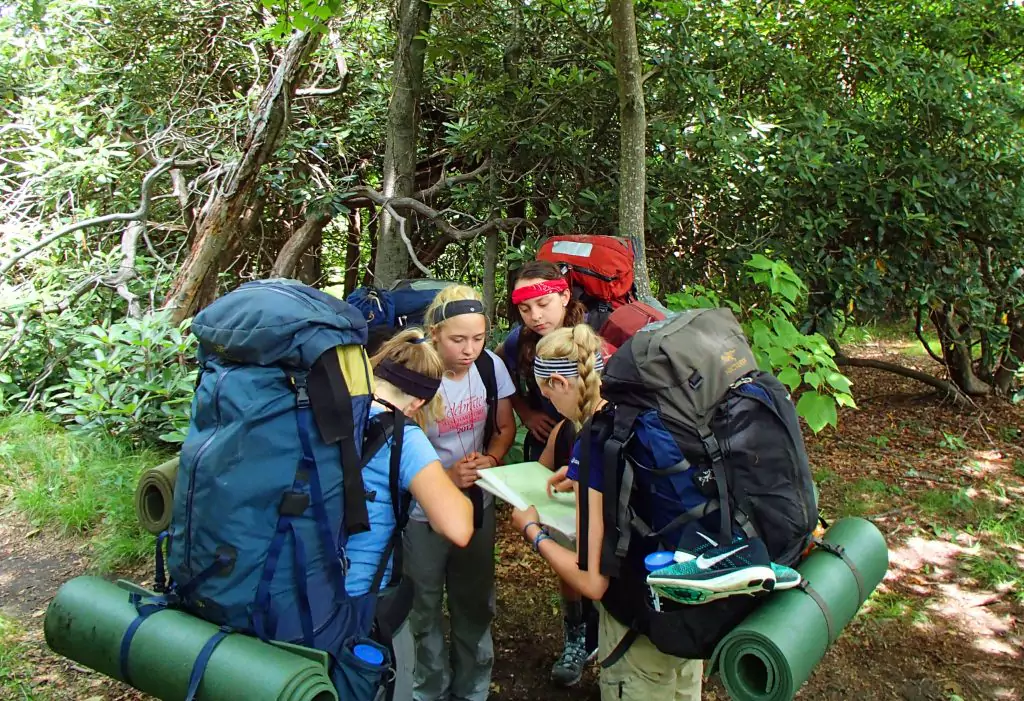
Educational expeditions are a testament to the effectiveness of experiential learning. Through hands-on exploration, participants transcend the role of passive observers and become active participants in history. By retracing the steps of historical figures, deciphering inscriptions on ancient artifacts, and engaging in cultural rituals, learners develop a profound connection with the past. This dynamic approach not only enhances retention but also nurtures essential skills such as critical thinking, problem-solving, and cross-cultural communication.
Cultural Exchange and Local Interactions
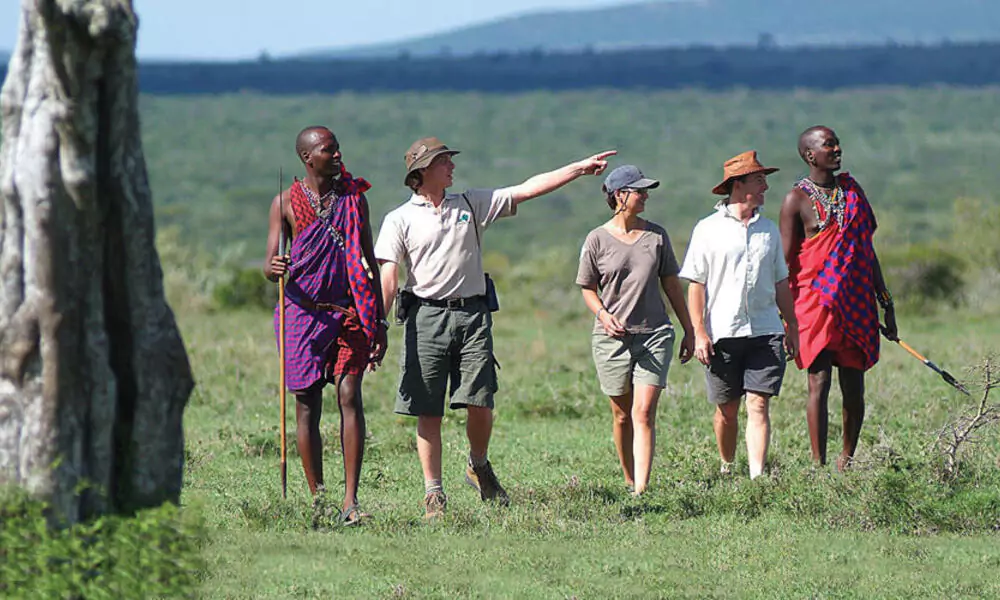
One of the most rewarding facets of educational expeditions is the opportunity for genuine cultural exchange. Engaging with local communities offers a window into the lives, traditions, and values of people from diverse backgrounds. Sharing meals, participating in traditional ceremonies, and conversing with residents create authentic connections that transcend language barriers. These interactions foster mutual understanding, break down stereotypes, and leave an indelible mark on both travelers and hosts.
Preserving Heritage and Sustainable Tourism
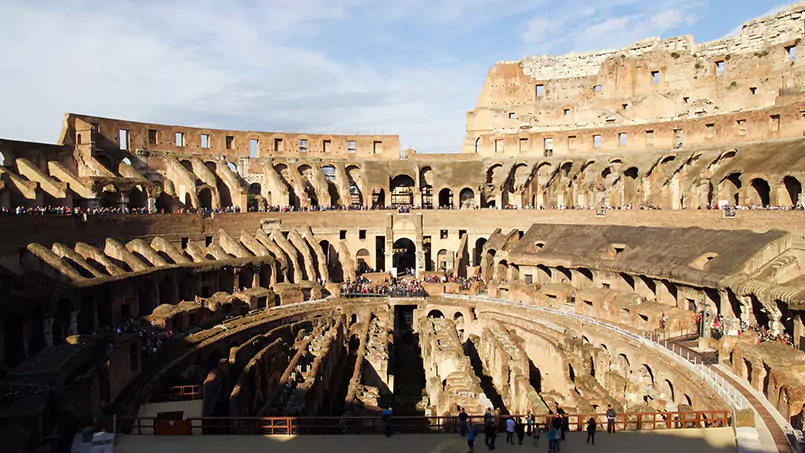
Educational expeditions are not only a gateway to the past but also champions of heritage preservation and sustainable tourism. As travelers explore historical sites and engage with local communities, they contribute to the economic well-being of these regions. The resulting financial incentives encourage the preservation of historical sites and cultural traditions, ensuring their survival for future generations. In this symbiotic relationship, travelers become ambassadors for responsible tourism, advocating for the protection of our shared global heritage.
Inspiring Lifelong Curiosity
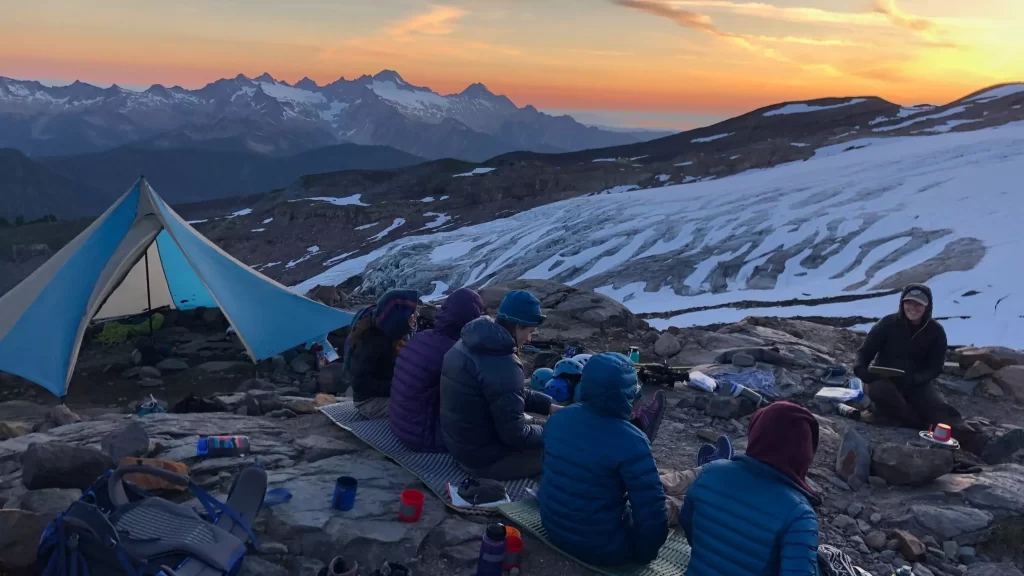
The impact of educational travel extends far beyond the duration of the journey itself. Participants often return home with a newfound sense of curiosity and an insatiable thirst for knowledge. The stories and experiences gathered during these expeditions become catalysts for ongoing learning, inspiring individuals to delve deeper into historical narratives, explore diverse cultures, and continuously expand their intellectual horizons. In essence, educational travel lay the foundation for a lifelong journey of discovery and growth.
Educational Expeditions in the Digital Age
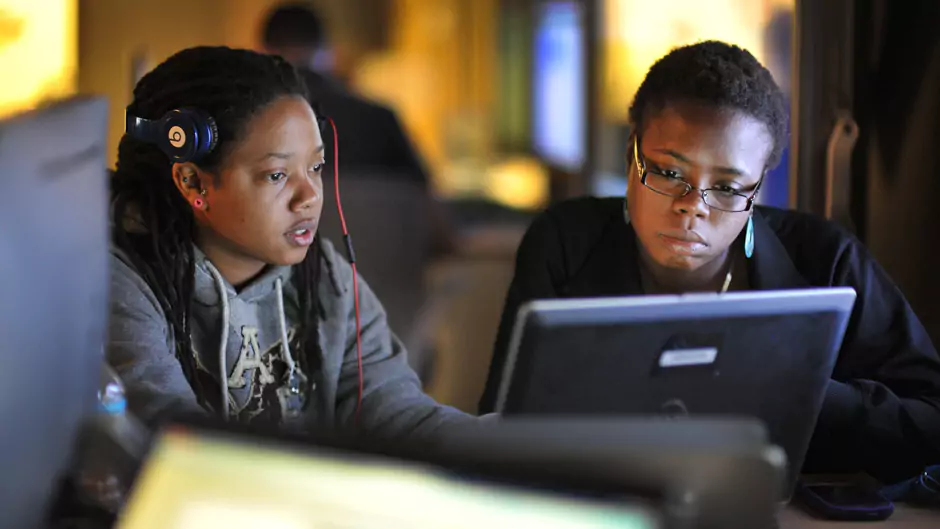
In the age of digital connectivity, educational travel are further enriched by an array of technological resources. Travelers have the opportunity to access historical information, embark on virtual tours, and engage with educational apps that enhance their understanding of the destinations they visit. Digital platforms facilitate pre-trip research, empowering participants to arrive well-prepared and ready to fully engage with the historical and cultural wonders that await them.
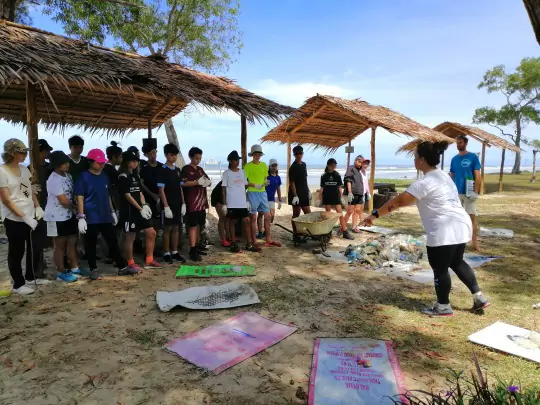
Educational travel represent a harmonious convergence of exploration, enlightenment, and cultural exchange. These transformative journeys offer a gateway to history and culture that transcends traditional learning methods. By immersing themselves in the world’s living classrooms, participants gain a profound appreciation for the intricacies of human civilization and develop a heightened awareness of our shared global heritage. Educational travel not only enrich the individual traveler but also contribute to the preservation of historical sites and cultural traditions. As we embrace the opportunities presented by these remarkable journeys, we embark on a voyage of discovery that enriches our lives, shapes our perspectives, and fosters a deeper understanding of the diverse tapestry of human existence.

